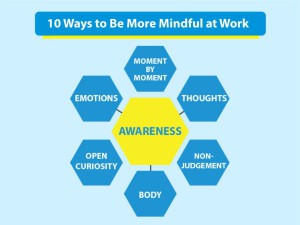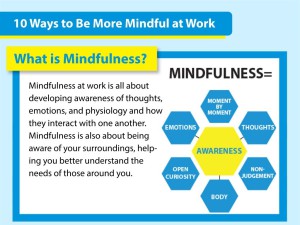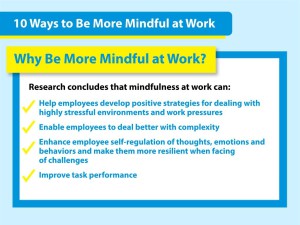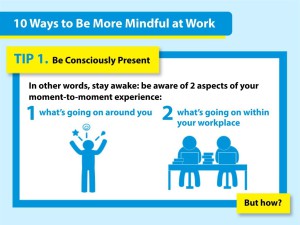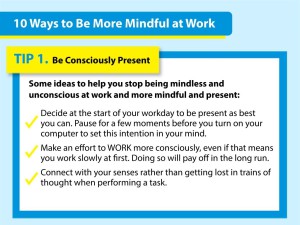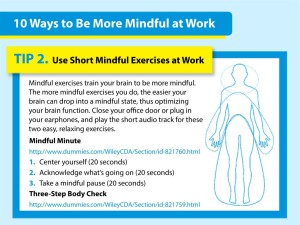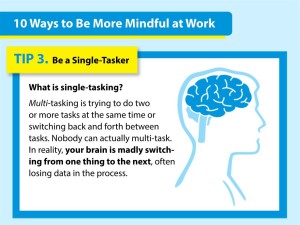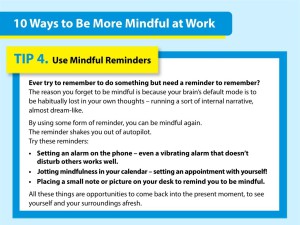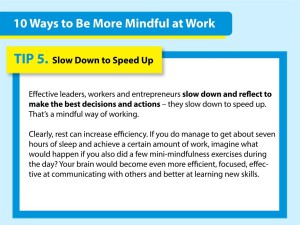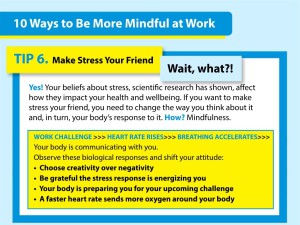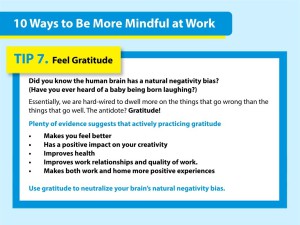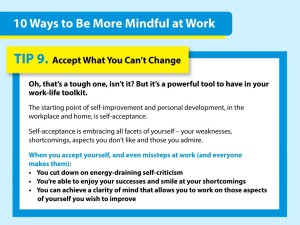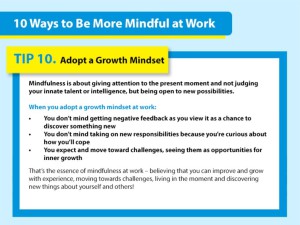 The power of positive thinking has been covered in great detail on my blog and many others. We know that it works and the benefits of living in such a way that negative thoughts and actions no longer guide your daily life. What most people don’t know is how to begin that process. How does one simply wake up with positive thoughts, and a commitment to living life in a manner that is both a joy for yourself and those around you? The simple is answer is that type of life doesn’t simply happen overnight. Rather, the key to positive thinking and living is to train yourself to become that, just as we do with negative thoughts and all other factors which determine our experiences.
The power of positive thinking has been covered in great detail on my blog and many others. We know that it works and the benefits of living in such a way that negative thoughts and actions no longer guide your daily life. What most people don’t know is how to begin that process. How does one simply wake up with positive thoughts, and a commitment to living life in a manner that is both a joy for yourself and those around you? The simple is answer is that type of life doesn’t simply happen overnight. Rather, the key to positive thinking and living is to train yourself to become that, just as we do with negative thoughts and all other factors which determine our experiences.
Such training is as simple as saying out loud the desires you have, or where you’d like to see yourself in your mind’s eye. Professionals and individuals in the positive living community call this act, affirming, and the words or sentences one says are called affirmations. Affirmations, said to yourself and repeated often, are wired into your subconscious and tell your mind what it should be feeling or doing. Just as people say “I’m never going to get this done,” or “Life is so unfair,” and then such becomes their reality, affirmations signal to the brain how you should live, act, and react, based on what you understand about yourself and about your future.
For those seeking health and happiness, the foundation of both principles are establishing positive thoughts about them. Simply put, what we tell ourselves, what we say on a daily basis are the way we control our thoughts, which control our behavior, which control our habits, which shape our lives. Thus, it’s important to make sure that what you’re telling your brain is positive and capable of bringing to fruition what you hope for yourself. Here are some to get you started:
- My condition does not shape who I am
- I am getting better and stronger daily
- I am capable of doing anything
- I attract only good things into my life
- Nothing can bring me down
- I wake up with a smile on my face
- My body is working as it should
- I have every reason to be joyful
- I am in great health
- I have no worries about the future
- Everyone around will be filled with positivity
- I am comfortable and confident in myself
For best results, you should write down your affirmations. You can do so in a journal, on your phone’s notes, or in a place in your home or office, to which you will have access. Secondly, you should set time aside to go over them. Many find it best to do so in the morning, as you are just waking up. Doing so can help set you up for the day and ensure that happiness and health are you number one priorties. It may also be helpful to repeat them at lunch, or to excuse yourself from your desk or workspace to go over them in case you begin feeling anything other that what you are training your mind to feel. Pretty soon, they will become second nature and you will be saying them, believing, and living them, and helping others do the same.
 Over a quarter of adults in the country,
Over a quarter of adults in the country, 





